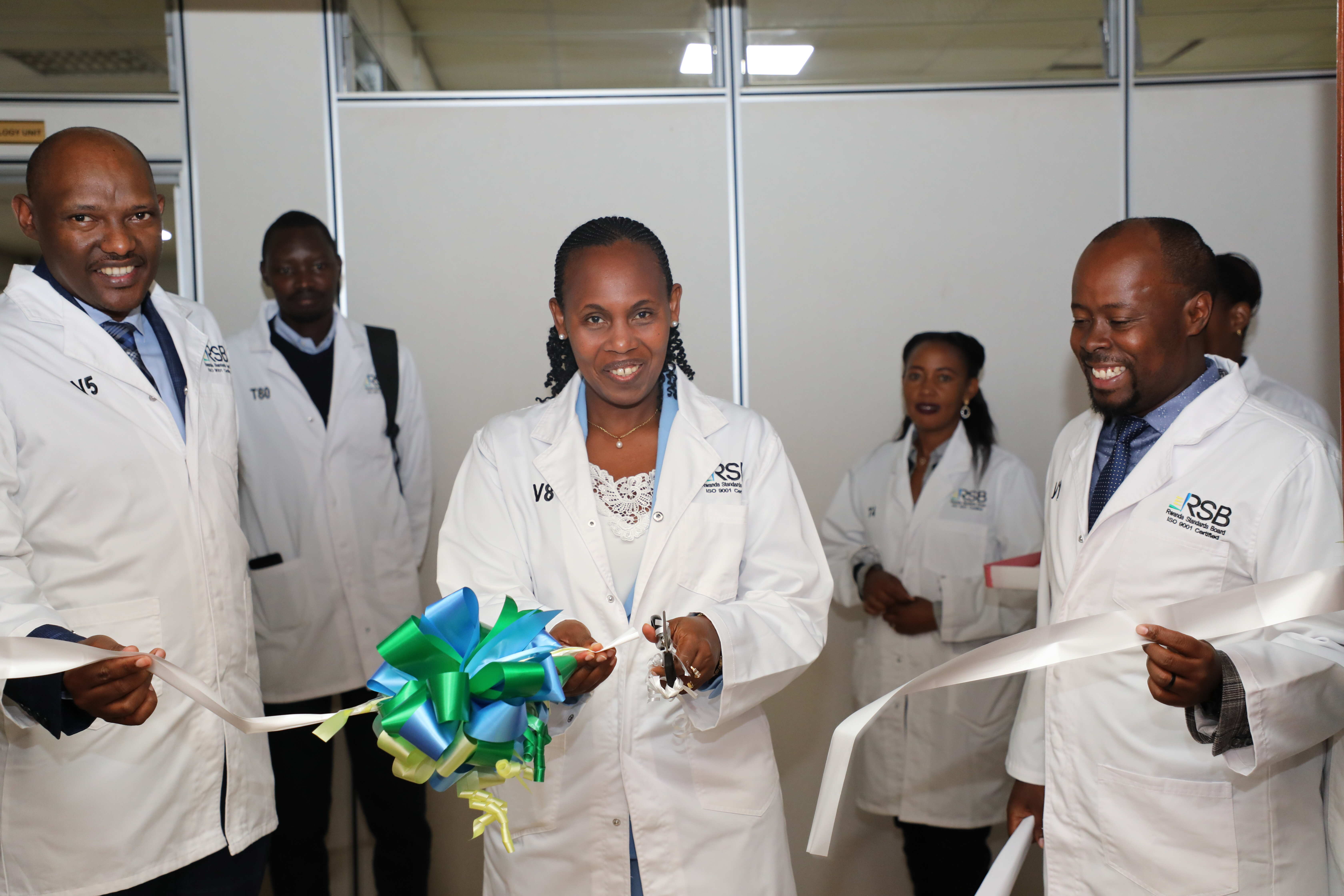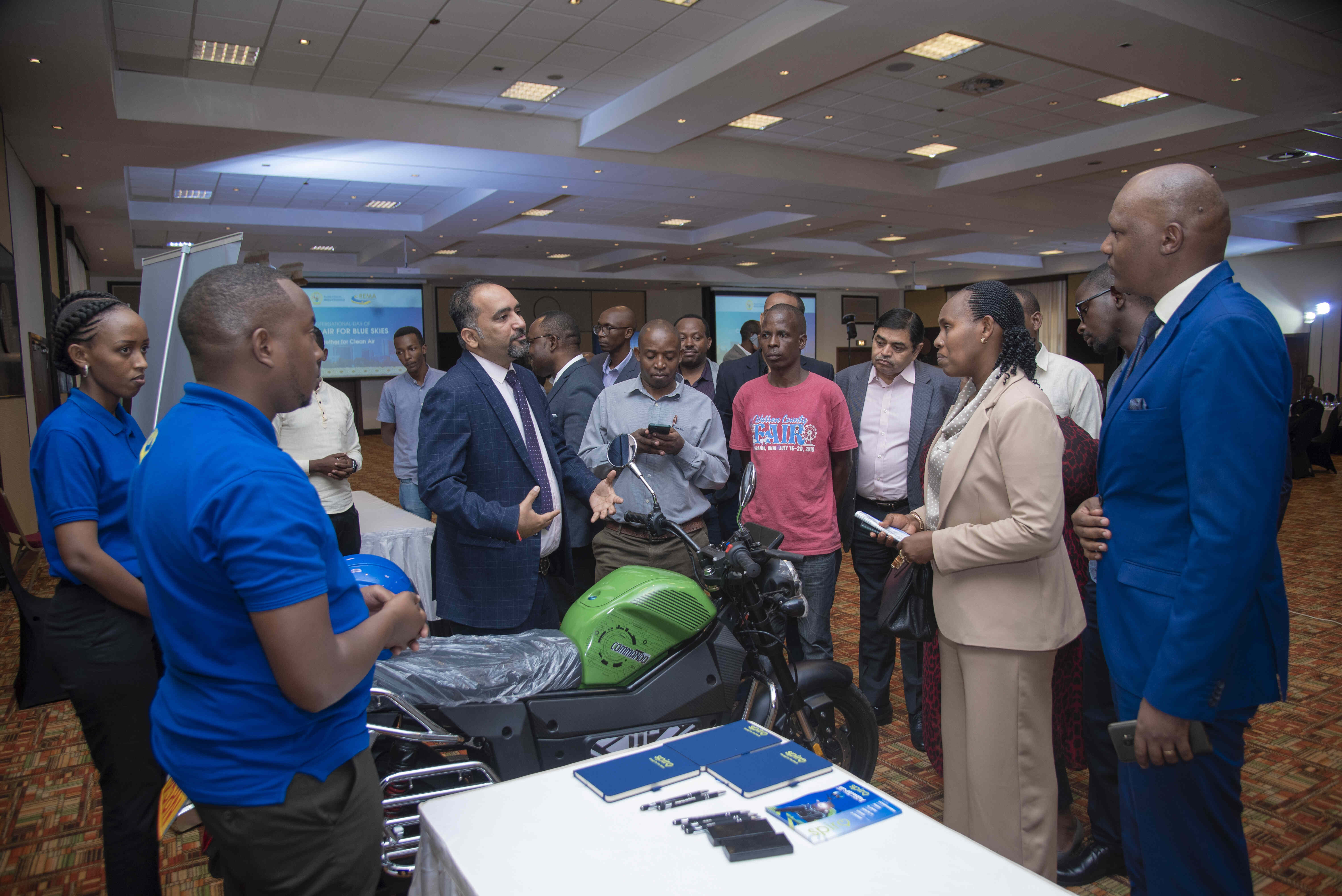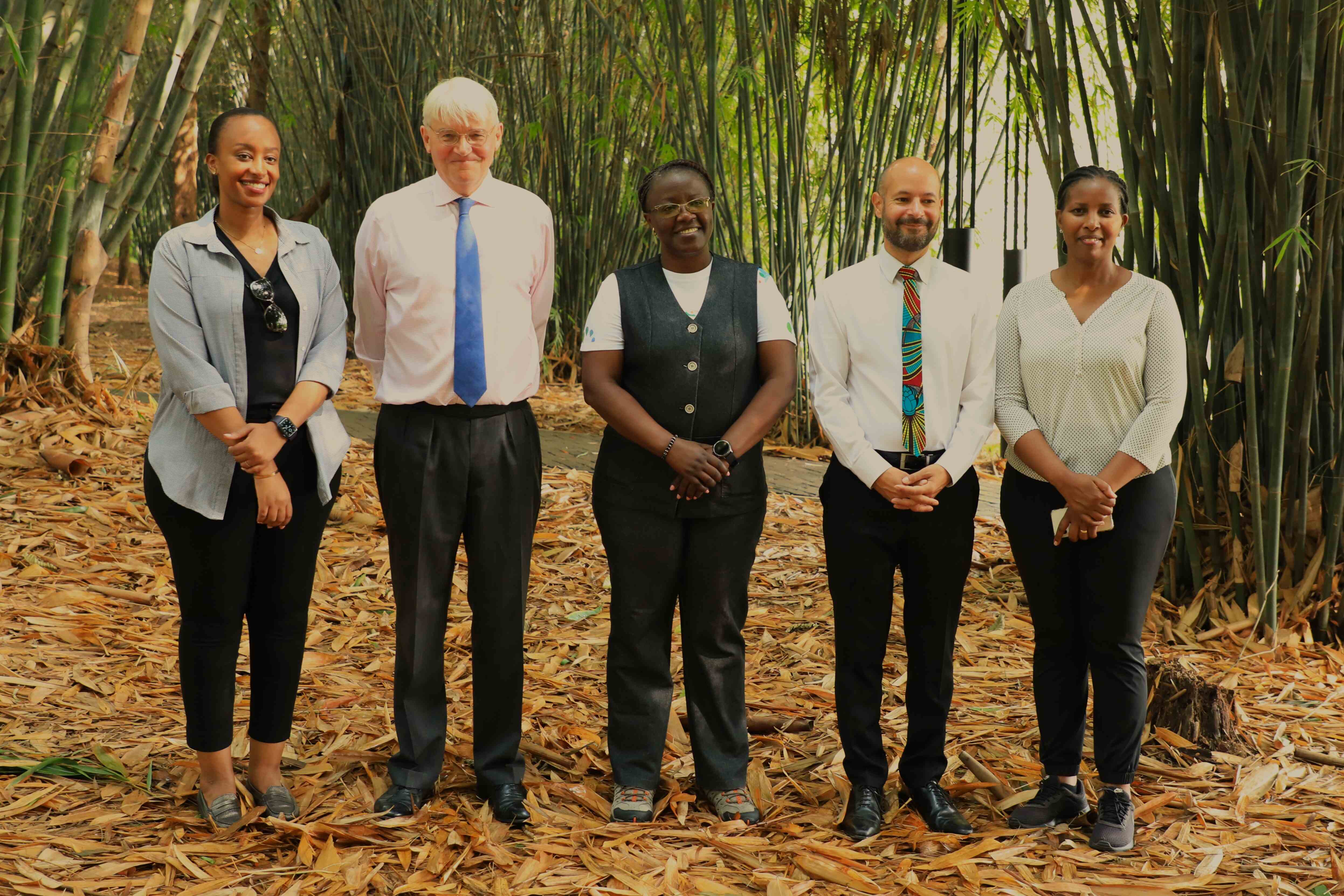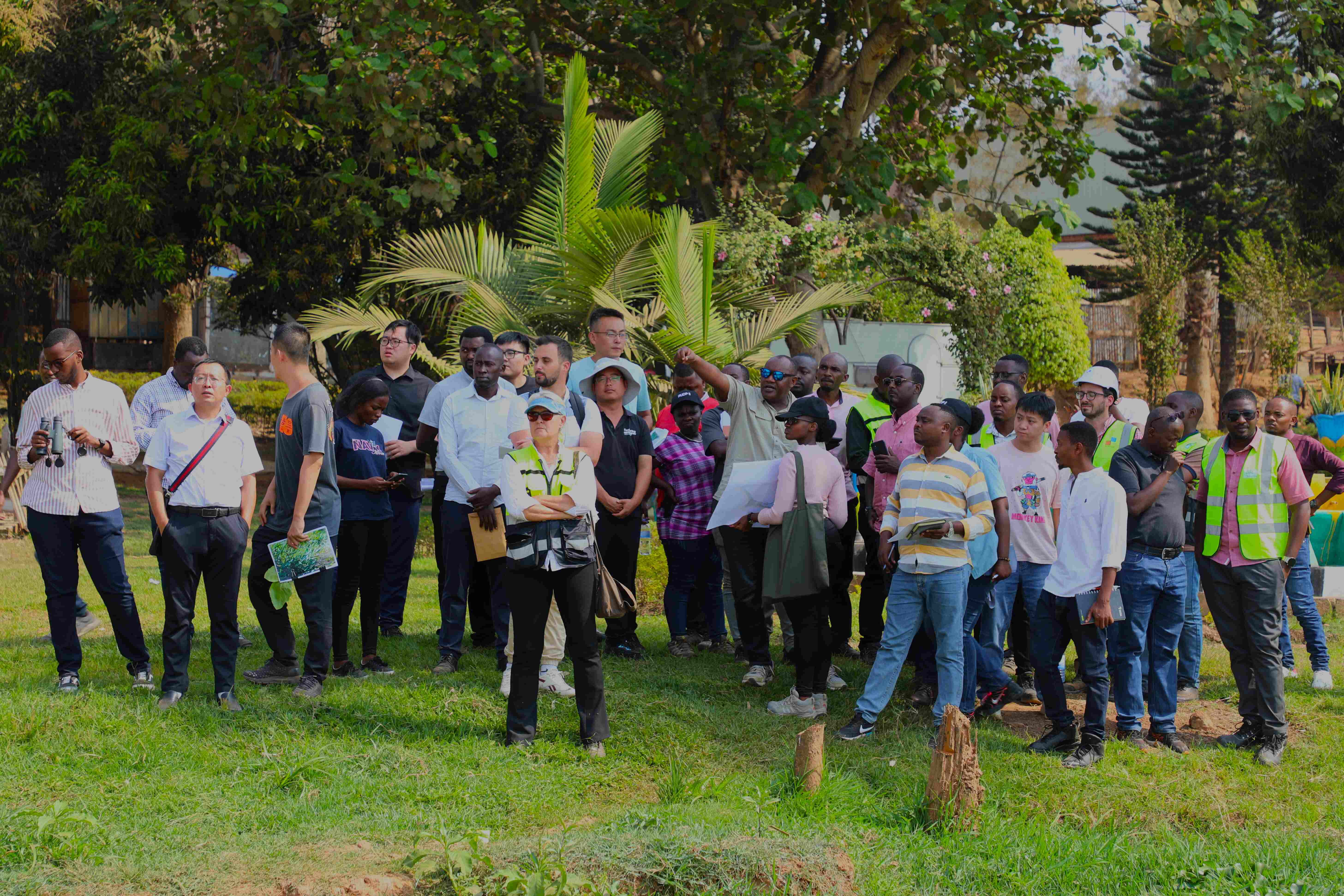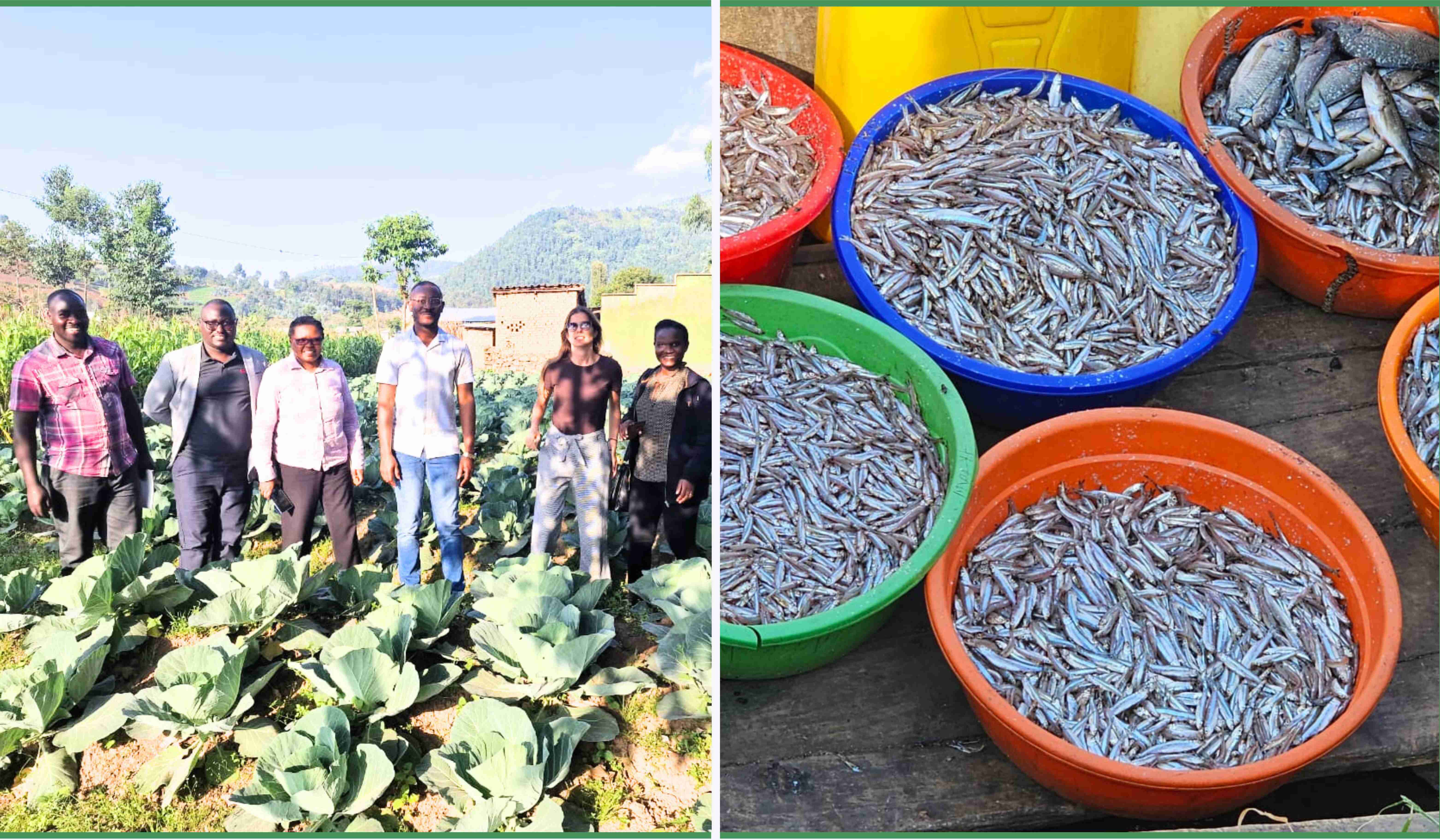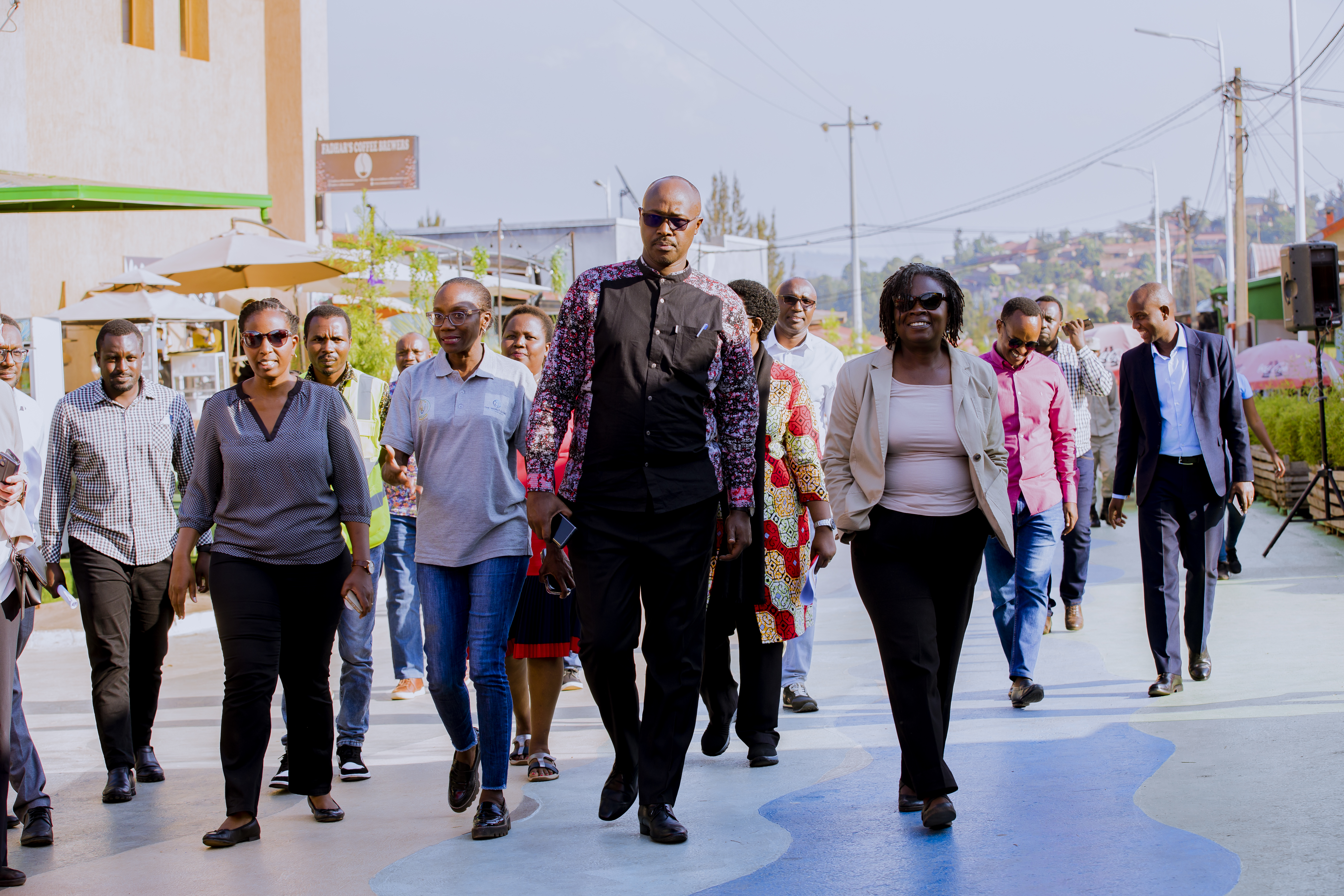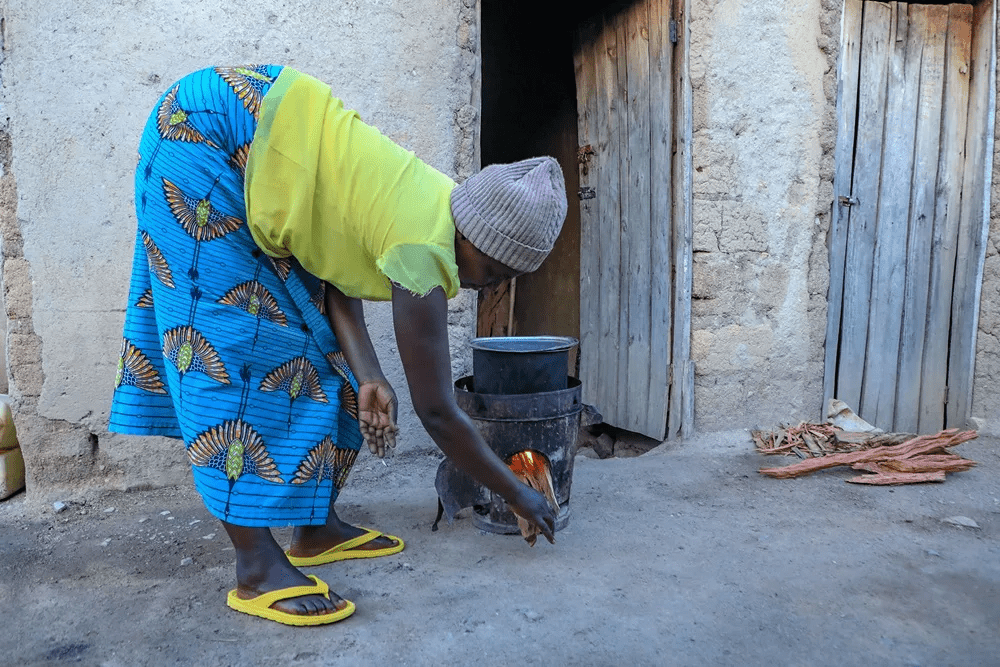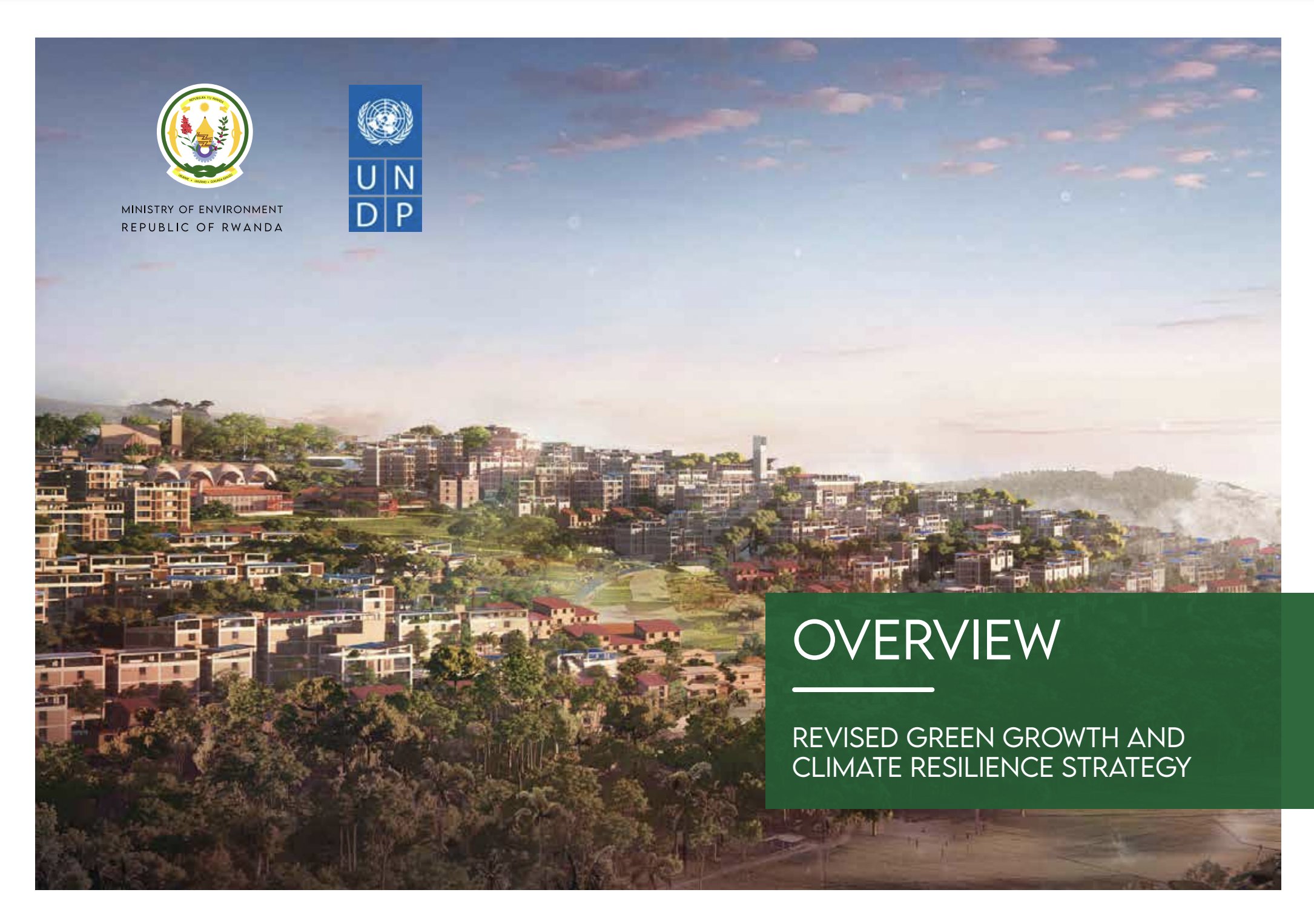
Speech of Permanent Secretary of Ministry of Environment on the Celebration of the International Day for Biological Diversity 31/05/2021
I am delighted to welcome you to the celebration of the International Day for Biological Diversity. This Day is normally celebrated on 22nd May with the aim of raising understanding and awareness on biodiversity and its critical importance for human life and development.
We have decided to celebrate it today, in the week dedicated to Environment in our country, because we find the theme for the Biodiversity Day which is “We are Part of the Solution for Nature” in alignment with the World Environment Day’s theme: “Ecosystem Restoration” which indeed brings in focus on reshaping relationship with nature.
This year’s theme emphasizes last year slogan, “Our Solutions are in Nature”, this means we have to find the solutions to current nature degradation and biodiversity loss because the future for us and our descendants depends on nature and ecosystems goods and services they provide us.
Biodiversity, represented by all life forms on earth, being those that we can see with our eyes or those that we cannot see with naked eyes, plays a critical role in respective ecosystems. Living organisms are the bedrock from which well-functioning processes in nature, supply us with the oxygen, water, all kind of foods and medicines that are indispensable for our survival. Biodiversity contributes to clean our environment, to make our planet beautiful with wonderful landscapes. All this enhance our cultural, spiritual and social life.
Biodiversity is also important for the economy. It is estimated that the global ecosystem services provide yearly benefits of more than one hundred trillion US dollars.
Rwanda has enjoyed strong economic growth in the last two decades, and as in many developing countries, this growth relies on natural resource exploitation. Indeed environmental resources and systems are the basis for socio-economic prosperity and quality of life, they provide goods and services that are essential for food and energy production, industrial and manufacturing development, pollution and disease control and climate regulation to mention but a few.
However, traditional GDP growth doesn’t account for resource depletion and environmental degradation which, in long term, risk to decrease the potential for economic growth and development.
Contribution of environment to the economy at a glance:
- Tourism, which is manly nature-based in Rwanda, is currently the fastest growing sector of the economy and has overtaken coffee as the leading foreign exchange earner for Rwanda. Since 2010, tourism has contributed more than $200 million to the country’s economy up to $404 million in 2019. The number of visitors to national parks increased from twenty four thousands in 2005 to to more than one hundred thousands in 2019.
- Much needed electricity to fuel the economy and households is drawn from renewable energy (Hydropower and solar) which makes up 70 % of total energy production.
Biodiversity is also critical for climate mitigation and climate resilience by storing carbon and reducing impacts of climate change. Adversely climate change can induce negative impacts on biodiversity and ecosystem services putting life at risk.
Despite all the benefits that we derive from biodiversity and ecosystem services, globally, the trend is that our activities have been consistently destroying or degrading the environment, resulting in huge biodiversity and ecosystem services loss. Triggered by various interests and policies, farmers, miners, foresters, businesses, fishers, institutions are exerting tremendous pressure on nature and biodiversity through overexploitation, pollution, mismanagement to mention but a few.
We are part of biodiversity and we are biting the hand that feeds us
Destroying the nature has a boomerang effect. Indeed we are impacted by the consequences of this destruction in different ways: food insecurity, water scarcity, climate related disasters inducing huge economic losses and new diseases like the COVID-19 that is devastating the humanity currently.
We are part of the solution
Let us be part of the solution otherwise we are paving the way to our own extinction. Individually and collectively, nationally and globally we can change the current pathways of destroying biodiversity and release the pressure.
Being part of the solution is by:
- creating knowledge to understand better the complexity of nature and how to conserve it,
- changing our consumption and production patterns,
- reducing or stopping economic and financial incentives that are detrimental to biodiversity, involving local communities in conservation and restoration of ecosystems on which they depend.
In our country, considerable progress has been made to curb biodiversity loss through developing policies and strategies geared to protect and conserve biodiversity, to reduce pressure on our forests, to restore degraded ecosystems. We are part of the global frameworks to conserve biodiversity, combat land degradation and impacts of climate change. We have committed to Bonn Challenge and Paris Agreement just to mention but a few.
However the work ahead to conserve nature is still huge. We need to establish strong collaboration mechanisms regionally and globally as ecosystems don’t know boundaries. We are happy to be with the European Union today and we are confident that this collaboration is going to be enhanced.
“Let us be the solution for Mother Nature by bringing transformative change in our everyday activity to conserve biodiversity and ecosystems. Saving the Nature is Saving our Life”. PS Karera Patrick
Thank you
Topics
More posts
Rwanda launches the first-ever calibration laboratories for meteorology, hydrology and air quality monitoring equipment
Rwanda will no longer outsource calibration services for meteorology, hydrology and air quality monitoring equipment, as these services will from now…
International Day of Clean Air for Blue Skies: How Rwanda is taking bold action to beat air pollution
Rwanda has on September 7, 2023 joined the rest of the world to mark the International Day of Clean Air for Blue Skies, which is celebrated annually…
What you did here is so impressive – UK Minister of State for Development and Africa
The United Kingdom (UK) Minister of State for Development and Africa, Rt Hon Andrew Mitchell MP, commends Rwanda’s efforts to protecting the…
REMA conducts a site visit for interested bidders in four wetlands to be rehabilitated in the City of Kigali
The Rwanda Environment Management Authority (REMA) has on 22nd and 23rd August 2023 conducted a guided tour for interested bidders in the five…
Green Amayaga Football competition: Thousands gather to receive messages regarding the project sustainability
The Rwanda Environment Management Authority (REMA) in partnership with Action pour la Protection de l‟Environnement et la Promotion des Filières…
African farming communities kick start cold-chain in continent
Farmers and fishers in Rwanda are joining sustainable cooling experts to learn how clean-cold technology can revolutionise their businesses.
Farmers…
The World Bank vice-president visits one of the five wetlands to be rehabilitated in the City of Kigali
Kigali, 15 June, 2023-Today, the World Bank Vice-President for Eastern and Southern Africa, Victoria Kwakwa visited Rwampara wetland which is one of…
Green Amayaga Project, a solution for women and children
Many decades ago, women and children in Amayaga Region – in Rwanda’s southern province – have been struggling with the lack of firewood and…
Rwanda Launches revised Green Growth and Climate Resilience Strategy
Rwanda has on June 5, 2023 launched the Revised Green Growth and Climate Resilience Strategy as part of World Environment Day celebrations. The…
